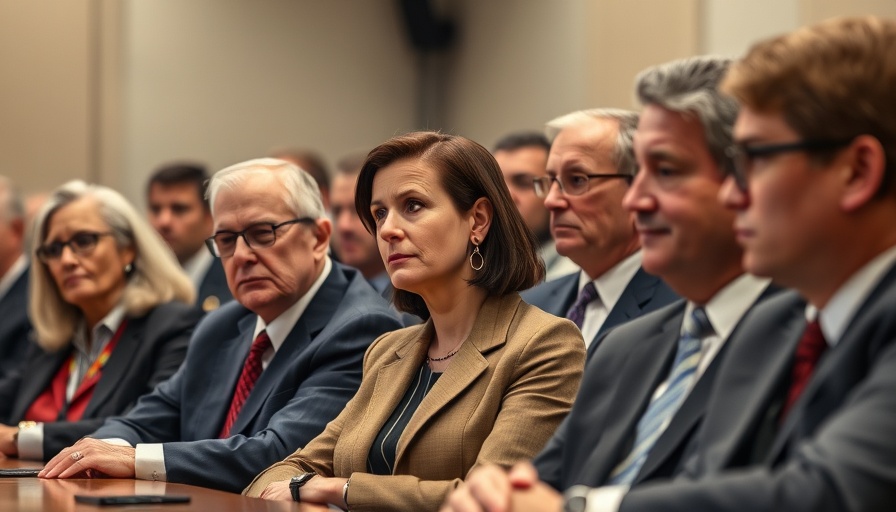
Concerns Over Transit Funding and Regional Stability
The future of the Trinity Railway Express (TRE)—a vital transportation link between Fort Worth and Dallas—hangs in the balance as proposed state legislation looms. Currently, House Bill 3187 and Senate Bill 1557 are under scrutiny, both aiming to reduce funding contributions to the Dallas Area Rapid Transit (DART) by 25%. As Richard Andreski, the president and CEO of Trinity Metro, emphasized during a recent Texas House transportation committee meeting, these changes could lead not just to the potential loss of a beloved commuter service but also to broader economic and social repercussions for Tarrant County and Fort Worth.
The TRE: A Lifeline for Thousands
Since its launch in 1996, the TRE has served over 50 million riders, becoming crucial for commuters including workers, students, and sports fans. "TRE is how they are getting back and forth," Andreski noted, highlighting its role in linking cultural and sporting events in both cities. For instance, residents from Fort Worth utilize the line to attend concerts in Dallas, while Dallas commuters frequently catch games and shows in Fort Worth. The connectivity offered by TRE not only enhances cultural exchange but also strengthens local economies.
Leveraging the Train During Major Events
With the FIFA 2026 World Cup approaching, the TRE is poised to act as a pivotal transport option for the influx of visitors, facilitating movement to Arlington where many games will be held. “It’s a chance for Texas to shine and show what we do best,” Andreski highlighted, advocating for a cooperative approach to local transit systems that showcases the best of regional collaboration.
Unpacking Legislative Motivations: The Financial Debate
While the potential cuts are framed as a necessary response to perceived overcharging from DART to its member cities, opinions vary among local leaders. State Rep. Matt Shaheen, a co-author of HB 3187, argues that his legislation corrects a historical imbalance. Meanwhile, Highland Park’s Mayor Will Beecherl supports the bill, citing his community’s significant investment versus return from DART. Amidst these financial discussions, it is essential to weigh the long-term impact on regional transit against short-term fiscal concerns.
Implications for Voter Decisions
The debate takes a deeper turn when considering voter sentiment. DART’s chief financial officer, Jamie Adelman, responded to the legislative proposals by recalling that funding structures were approved in two separate elections nearly two decades apart, underscoring community support for maintained transit investment. These historical decisions illustrate the delicate balance between funding adjustments and the promise of reliability in transit service.
Moving Forward Together
In light of the ongoing discussions, it’s clear the community will need to come together to advocate for sensible decisions regarding public transportation. Strengthening the TRE, instead of dismantling it, is pivotal not only for Fort Worth operations but also for the collective strength of DFW’s transportation system. Unite with your neighbors to keep this discussion alive and foster the development of an inclusive transportation network.
This legislation is more than just numbers on a page—it represents our community’s connectivity and livelihood. Speak up and support the preservation of our beloved TRE!
 Add Row
Add Row  Add
Add 




 Add Row
Add Row  Add
Add 

Write A Comment